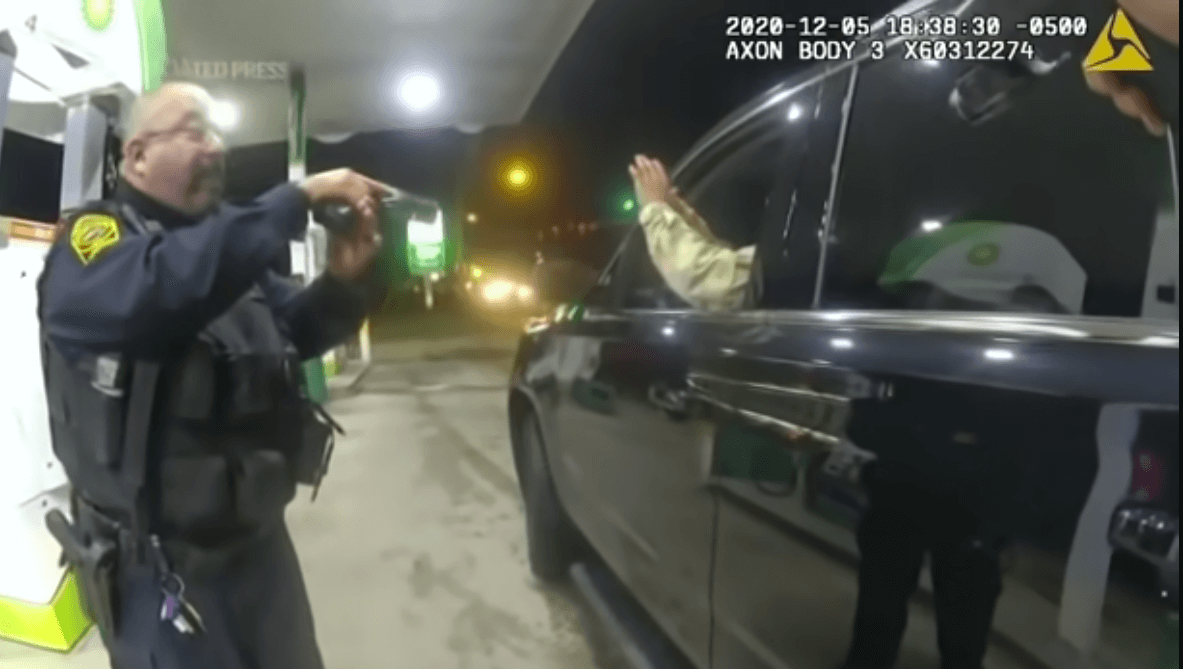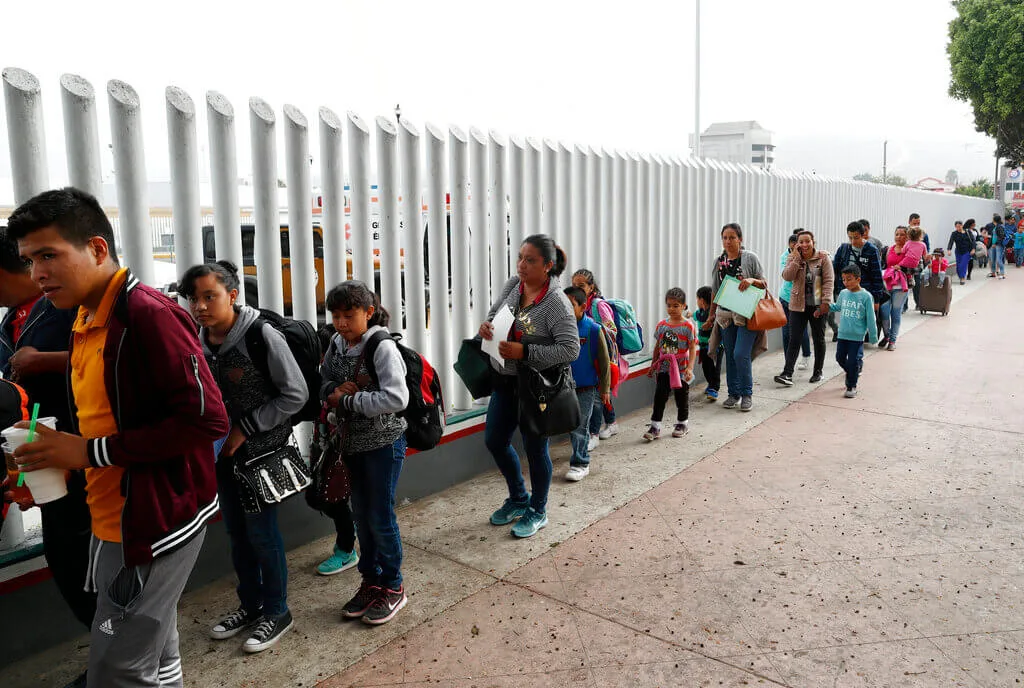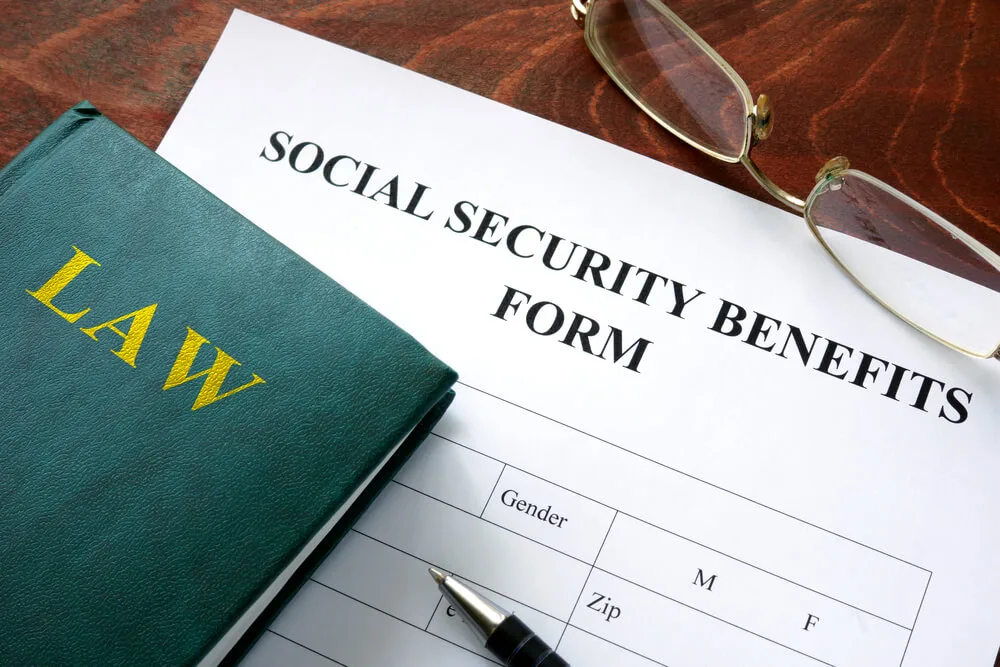
Image via Shutterstock
“Black women deserve the same energy as Black men when it comes to fighting for their right to not live in fear of the police.”
Breonna Taylor would have been 27 years old today. But on March 13, she was shot and killed in her own home by police.
Taylor was an emergency medical technician in Louisville, Kentucky. Her mother was more worried about her working on the front lines of the coronavirus pandemic than anything else.
“She was an essential worker. She had to go to work,” Tamika Palmer told the nonprofit newsroom the 19th, who partnered with the Washington Post to report on Taylor’s death. “She didn’t have a problem with that. … To not be able to sleep in her own bed without someone busting down her door and taking her life. … I was just like, ‘Make sure you wash your hands!’ ”
Taylor was shot eight times by police, who were reportedly investigating two people suspected of selling drugs. Neither of those people lived at Taylor’s apartment, which she shared with her boyfriend.
Despite the horrifying details of a Black woman being killed by police while asleep, national media didn’t cover Taylor’s killing until May, after Palmer filed a wrongful death suit against the three officers involved in the shooting. To date, all three men remain employed by the Louisville Metro Police Department. The FBI’s Louisville office announced they were opening an investigation into Taylor’s case, but there’s been little progress otherwise.
RELATED: How Elected Officials From Trump to City Mayors Have Stopped Police Reform
Weeks later, protests have now taken place in all 50 states to call for justice in the death of another Black person losing their life to police: George Floyd died on Memorial Day when a Minneapolis officer kneeled on his neck for nearly nine minutes.
Andrea Ritchie, the author of “Invisible No More: Police Violence Against Black Women and Women of Color,” participated in one of those gatherings last week. “But I was shocked that I didn’t hear anyone say Breonna Taylor’s name at any point,” Ritchie told the New York Times.
This—how quickly national news media had moved on from Taylor’s death—is what spurred Cate Young, a Los Angeles-based pop culture and film writer, to send out a tweet earlier this week hoping to bring more attention to the Kentucky woman’s case.
“Breonna Taylor’s birthday is on Friday,” Young wrote on June 2. “I want to organize something to honour her and make sure she isn’t erased. Anyone have ideas/organizing experience and want to help?”
Within hours, a “germ of an idea” was seeded, and Young launched an informal social media campaign to commemorate Taylor by sending birthday cards to the office of the Kentucky Attorney General Daniel Cameron, asking him to file charges against the officers who killed her.
“June 5 was already marked in my head as a significant date because it’s my mother’s birthday,” Young told COURIER. “And realizing that we’re connected on that small level, it tugged at my heartstrings. I wanted to do something.” She added: “Everyone can relate to the emotion of a birthday and of missing a birthday.”
Quickly, people began tweeting photos of their cards.
By the following day, Young had created a list of other actions people could take to draw attention to Taylor’s case. Items include signing a petition demanding justice, donating to Taylor’s family, and using the hashtags #SayHerName and #BirthdayforBreonna online to, as Young writes, “remind people that she lived and that she mattered.”
The prevailing story about police brutality is that Black men are killed by police, Young said. “While that’s a true story, it’s an incomplete story. I think what happened to Breonna and what happens to most Black women who are killed by police is simply that their stories don’t fit the frame, so they stop being seen as urgent or important.”
“The result is that Black women are erased from that story even as they continue to suffer and continue to die. For me, it was frustrating also as a Black woman to recognize that women who look like me were being pushed aside and erased from their own stories.”
Young, who sent her own birthday card out to the Kentucky Attorney General on Thursday, said she was encouraged by how quickly people got involved in her campaign: Many reached out even before she’d finalized what exactly she was trying to do.
“It was so heartening because it showed that—to me as well—it isn’t necessarily that people don’t care about stories about Black women,” she said. “It’s that they’ve been told they’re less important because the news tells us what’s less important, and if the news isn’t reporting on it, it falls out of our consciousness.”
“Black women deserve the same energy as Black men when it comes to fighting for their right to not live in fear of the police. What happens to Black men is the more common story and it’s the one that we’re the most familiar with, so it’s easier to champion. But we deserve champions too as Black women.”
Politics

Teamsters and UPS Reach Tentative Deal to Avoid Strike, 340,000 Workers to Get Raises
The tentative deal represents a huge win for full- and part-time UPS Teamster workers, who would get significant pay raises and better working...



One Republican Senator Is Blocking 265 Military Promotions, Leaving the Marines Without a Confirmed Leader
Sen. Tommy Tuberville's decision means these military officers are not getting the pay raises they’re owed, cannot move their families to wherever...
Local News



Teamsters and UPS Reach Tentative Deal to Avoid Strike, 340,000 Workers to Get Raises
The tentative deal represents a huge win for full- and part-time UPS Teamster workers, who would get significant pay raises and better working...



One Republican Senator Is Blocking 265 Military Promotions, Leaving the Marines Without a Confirmed Leader
Sen. Tommy Tuberville's decision means these military officers are not getting the pay raises they’re owed, cannot move their families to wherever...




